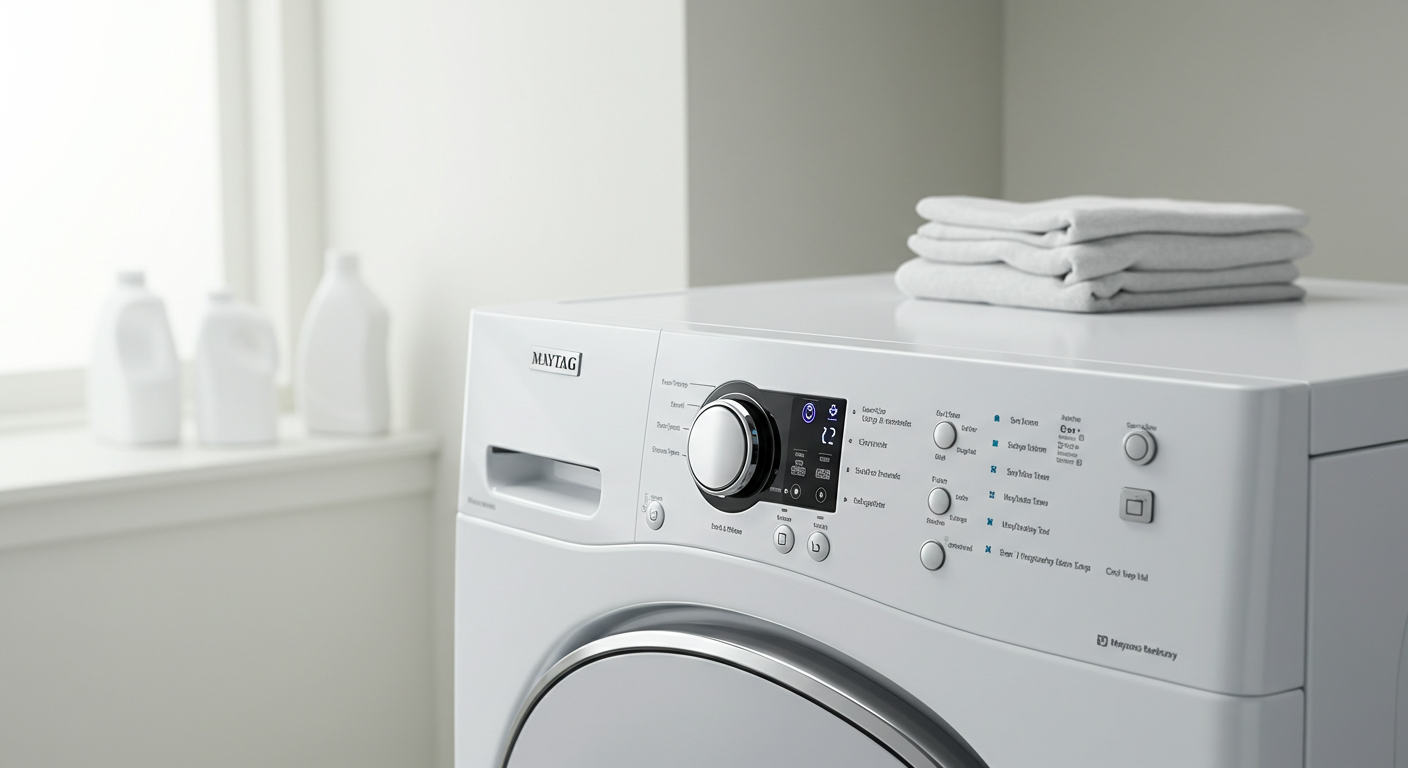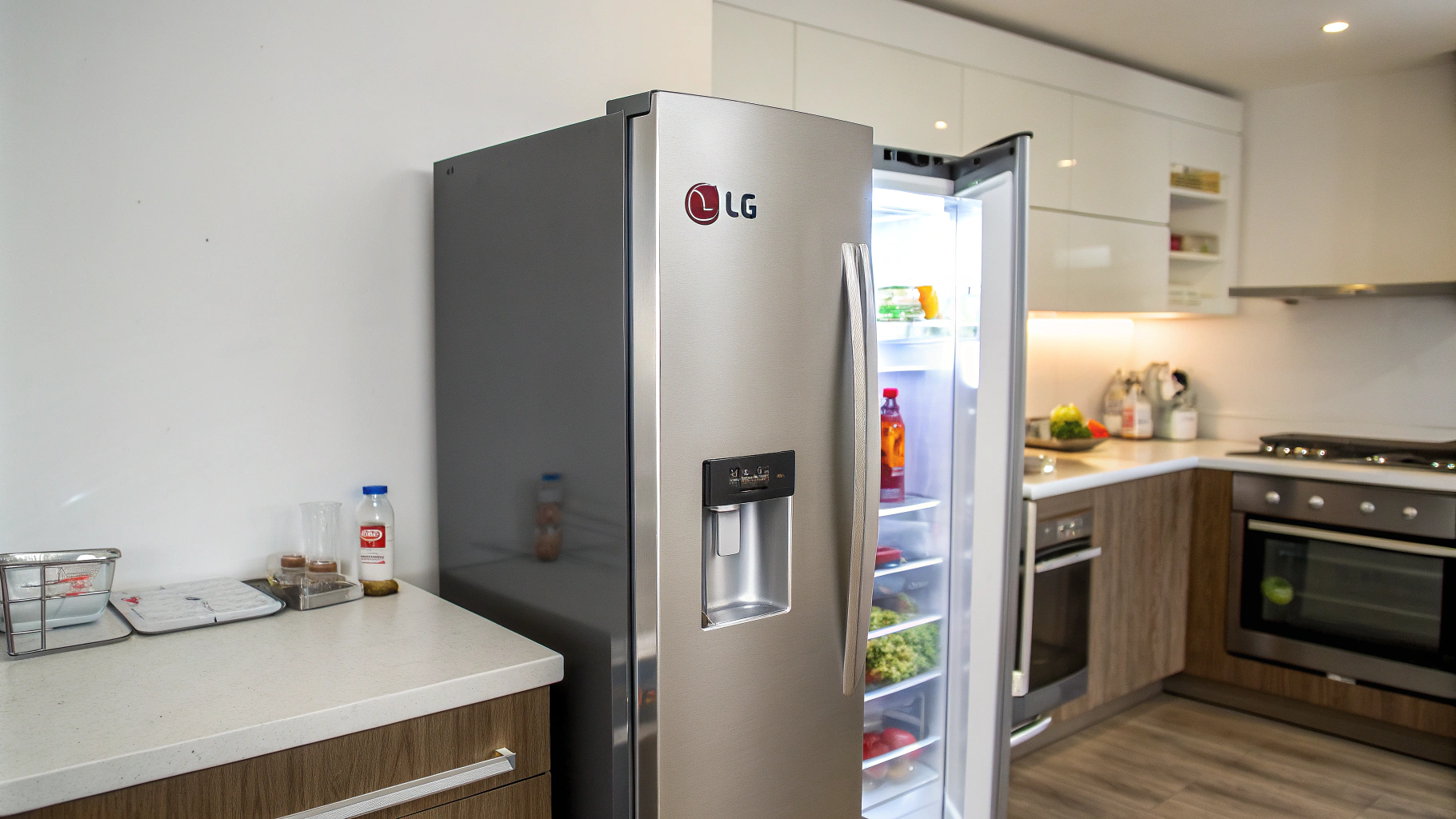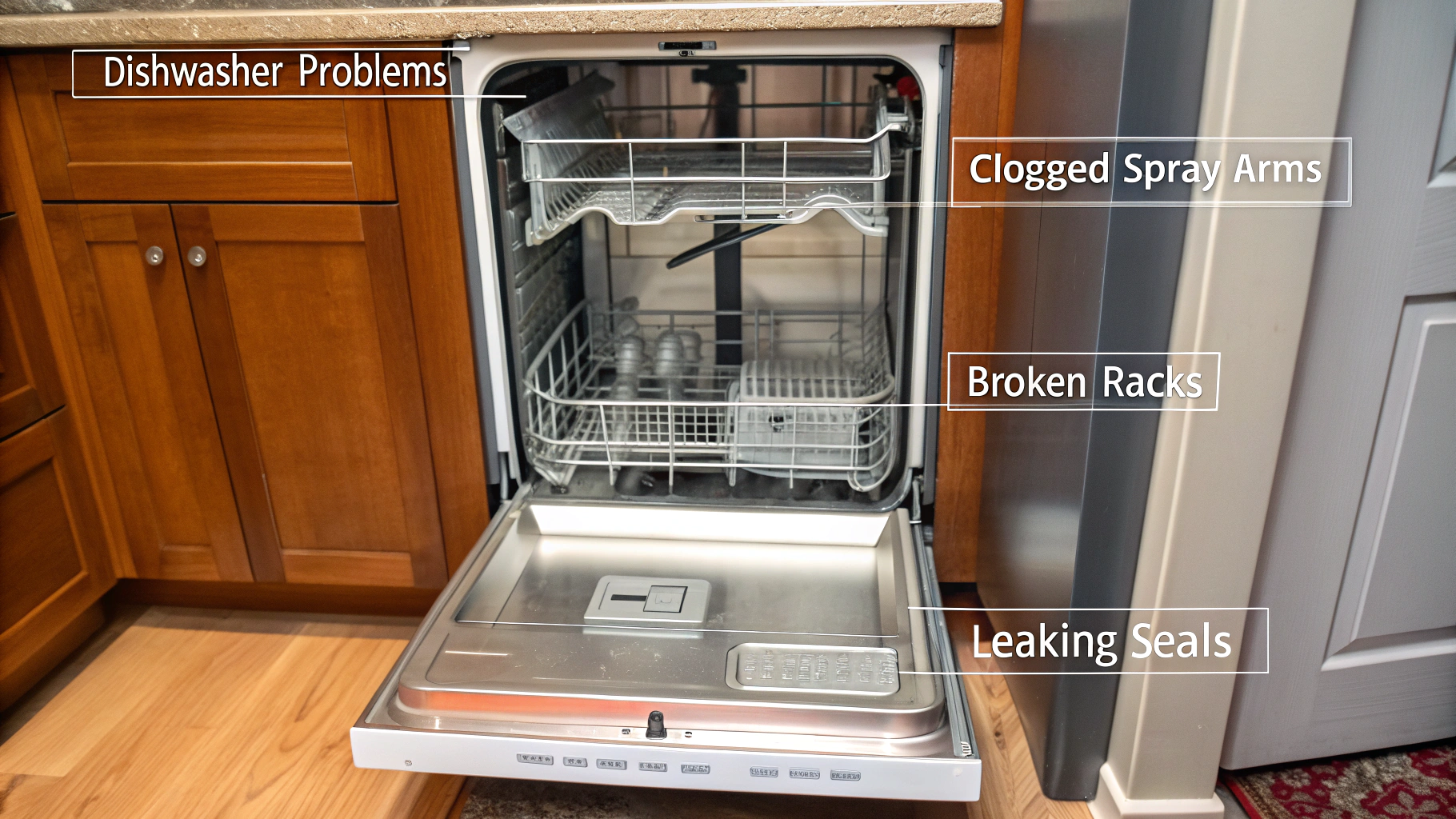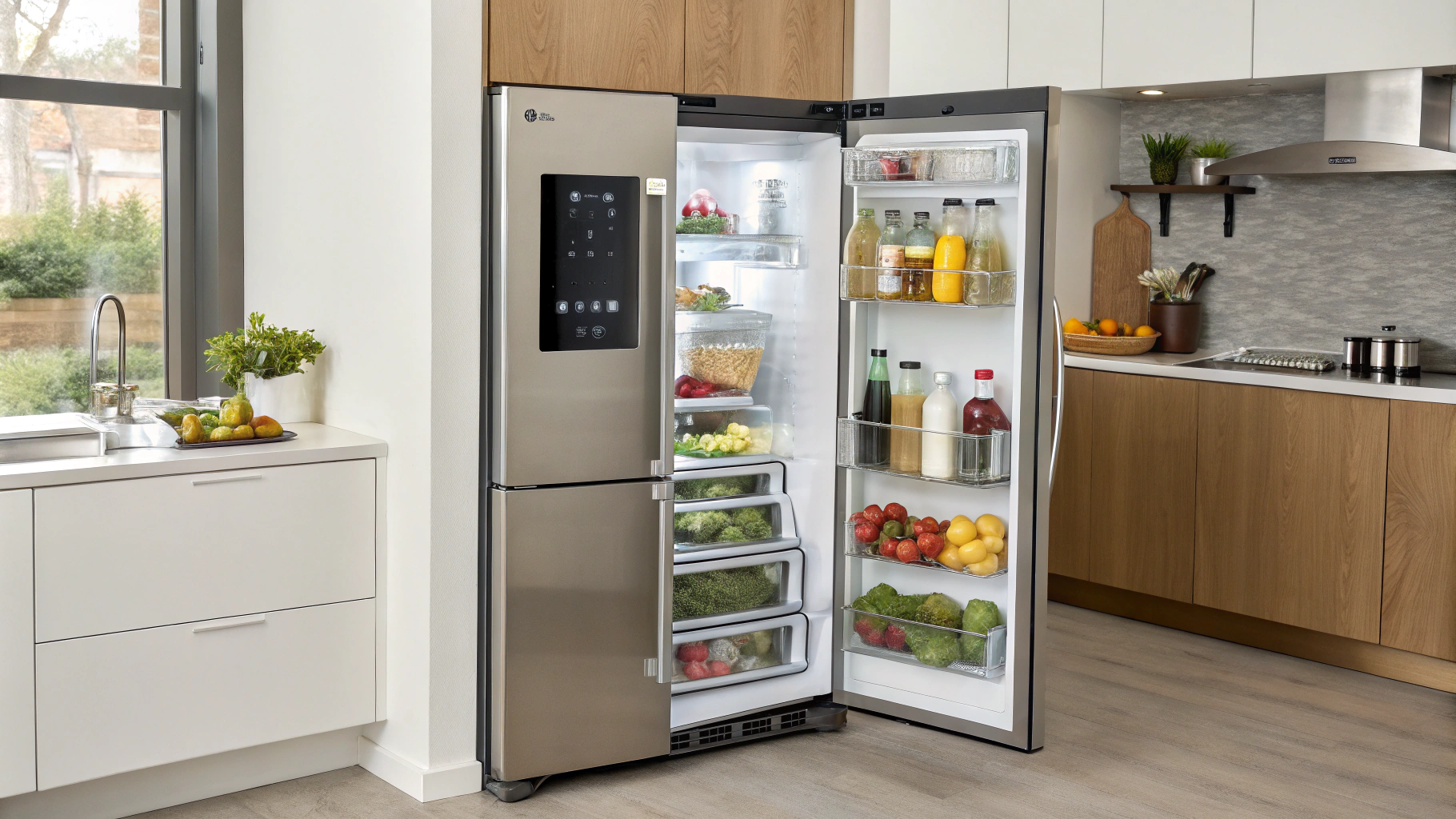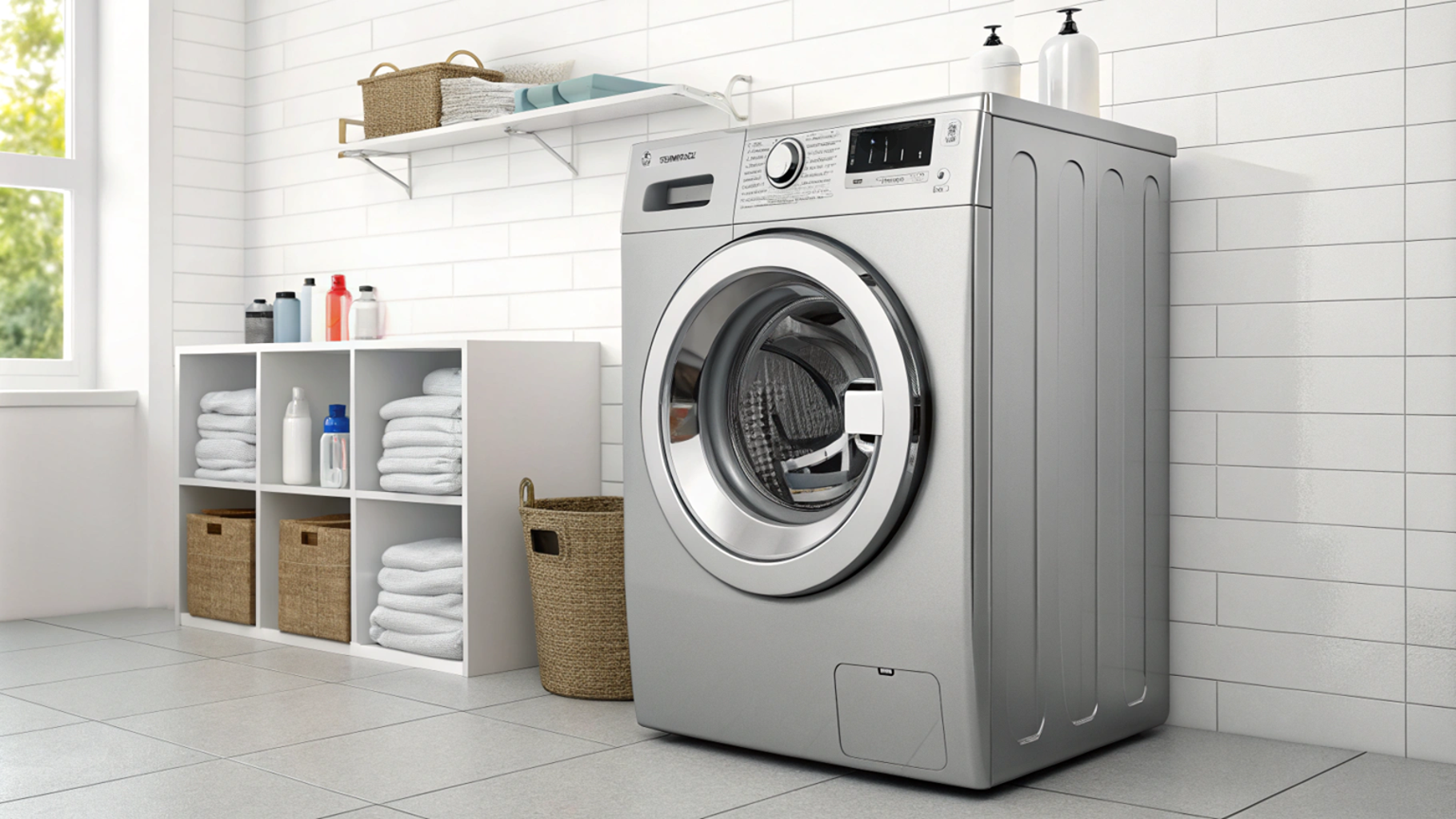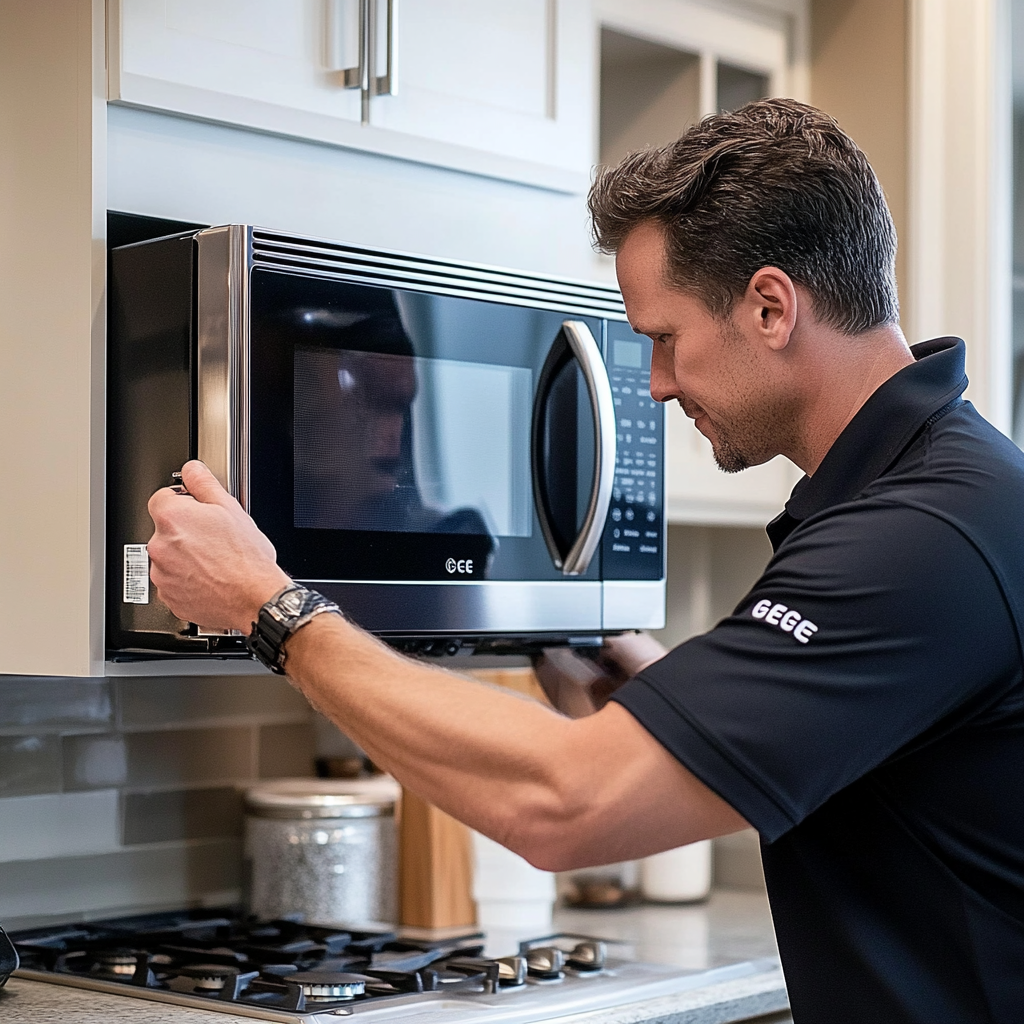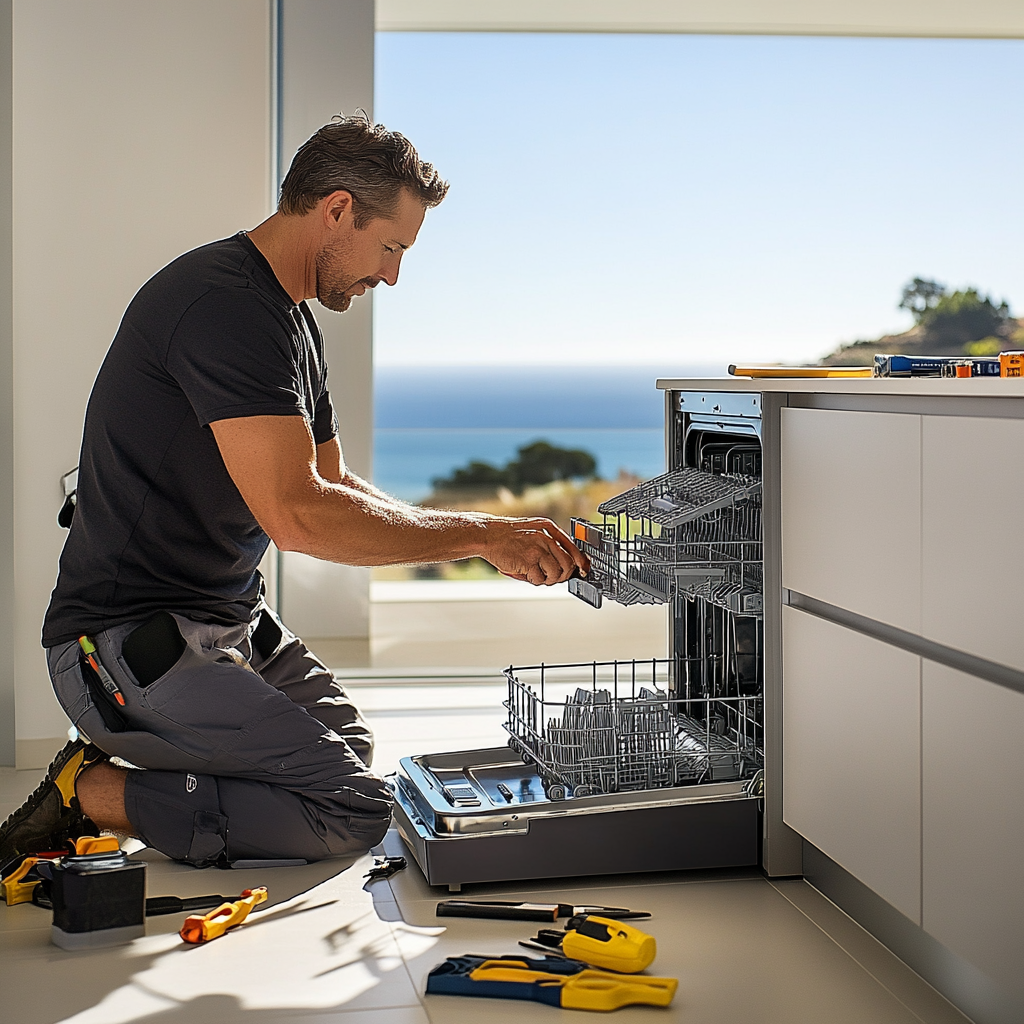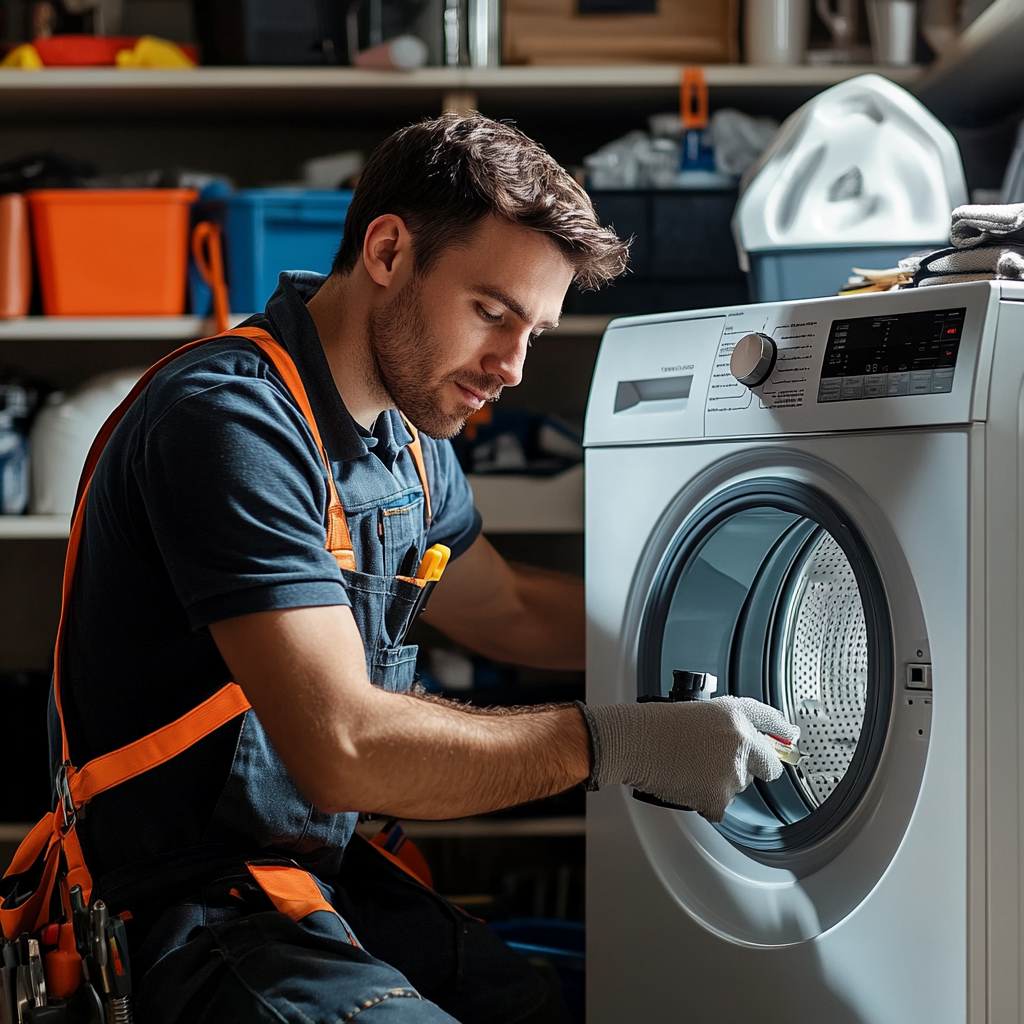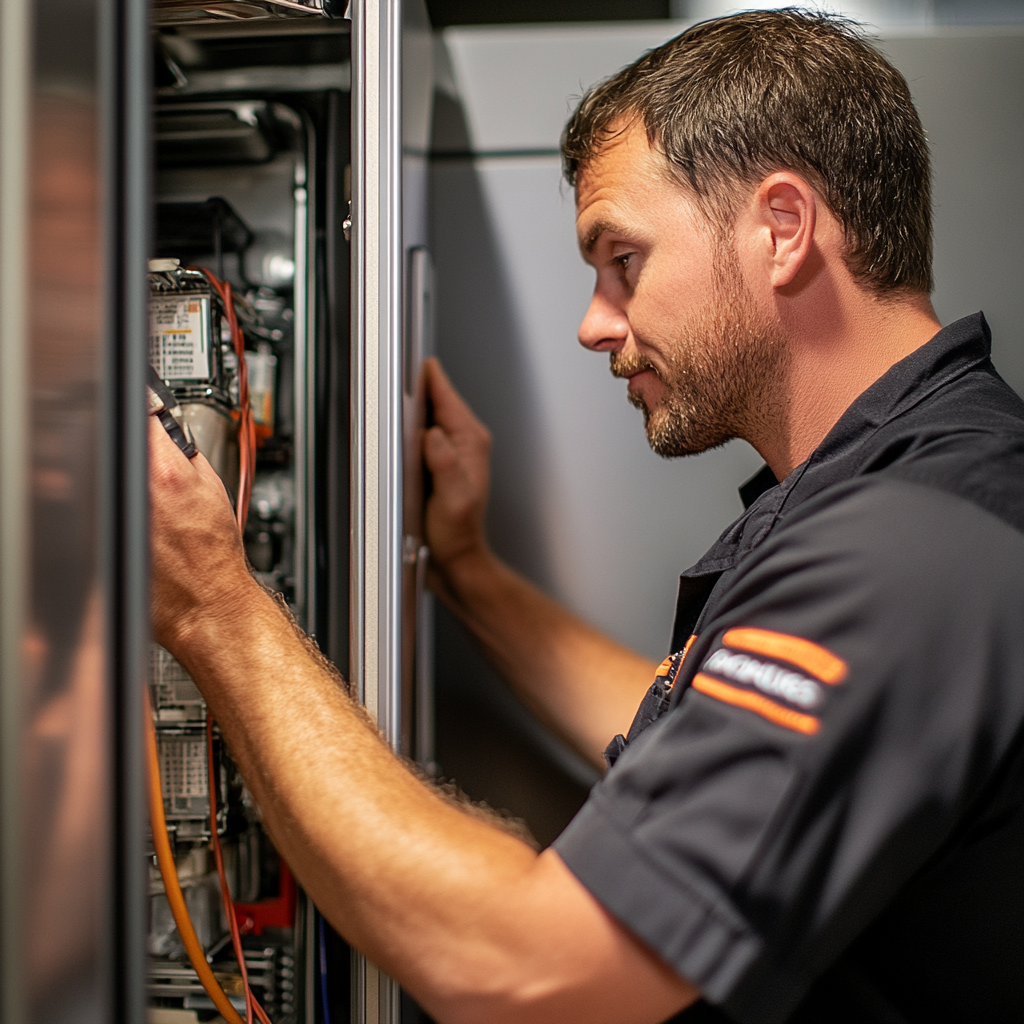Kenmore refrigerators have earned their reputation for reliability and performance, making them a top choice for homeowners across the nation. However, no appliance is immune to occasional issues caused by regular wear and tear, environmental factors, or lack of maintenance.
In this guide, we’ll cover common Kenmore refrigerator problems, how you can troubleshoot them, and why it’s crucial to call professionals like Optimus Appliance Repair for long-lasting solutions.
What Are the Common Kenmore Refrigerator Issues?
Every refrigerator is bound to face some challenges over time, and Kenmore is no exception. By knowing the potential problems ahead of time, you can save yourself money and extend your refrigerator’s lifespan.
Why Addressing These Issues Matters
Ignoring even small problems can lead to bigger, more expensive repairs in the future. Whether it’s a simple temperature issue or a more complex motor failure, addressing these challenges early ensures your refrigerator stays in top condition.
Refrigerator Not Cooling Properly
Why is my Kenmore fridge not cold enough?
Problem:
Your refrigerator struggles to maintain the correct temperature, which can result in food spoilage, excessive energy use, and even damage to the internal components.
Causes:
- Clogged Condenser Coils: Dirt and dust buildup on the coils reduces cooling efficiency.
- Faulty Thermostat: The thermostat may not be accurately detecting the temperature.
- Compressor Malfunction: If the compressor isn’t functioning correctly, it can’t regulate cooling.
Solutions:
- Clean the Coils: Use a brush or vacuum to remove debris from the condenser coils. Perform this maintenance every 6-12 months.
- Adjust the Thermostat: Make sure it’s set to the proper temperature range (37–40°F for the fridge and 0°F for the freezer).
- Contact a Technician: If the compressor is at fault, don’t attempt a DIY fix. Call Optimus Appliance Repair at +1 858-225-1715 for expert assistance.
Refrigerator Maintenance Guide.
Water Leaking from the Refrigerator
Why is there water on my kitchen floor?
Problem:
Puddles of water around your refrigerator can damage floors and create safety hazards, especially in households with children or pets.
Causes:
- Blocked Defrost Drain: This prevents melted ice from draining properly, causing water to pool.
- Damaged Water Inlet Valve: A crack or malfunction can result in leakage.
- Improper Tilt: If your fridge isn’t level, it can cause drainage problems.
Solutions:
- Unclog the Drain: Use warm water and a pipe cleaner to clear the blockage.
- Inspect the Water Inlet Valve: Replace it if damaged or leaking.
- Level the Refrigerator: Adjust the leveling legs to ensure proper tilt.
External Link: Add a link to [How to Fix a Leaking Refrigerator].
Pro Tip: If the issue persists, contact Optimus Appliance Repair for a professional diagnosis and repair.
Ice Maker Not Working
Why isn’t my ice maker producing ice?
Problem:
A non-functional ice maker can be frustrating, particularly in summer or during large gatherings.
Causes:
- Frozen or Clogged Water Line: A blockage can restrict water flow.
- Defective Ice Maker Motor: The motor may fail to operate properly.
- Low Freezer Temperature: If the freezer is too warm, ice production halts.
Solutions:
- Clear the Water Line: Disconnect and flush it with warm water.
- Replace the Motor: If it’s faulty, call a technician to install a new one.
- Adjust Freezer Settings: Set the freezer temperature to 0°F.
Action Tip: Call Optimus Appliance Repair for a quick resolution.
Common Ice Maker Problems and Fixes.
Why Unusual Noises Are a Red Flag
Is your fridge making loud noises?
Your refrigerator should operate quietly. If you notice loud humming, banging, or other noises, it’s often a sign of a problem.
Common Causes of Refrigerator Noise:
- Faulty Condenser Fan: Dirt or mechanical damage can create unusual sounds.
- Broken Evaporator Fan Motor: This often results in squealing or grinding noises.
- Vibration Issues: Loose or unsecured parts may vibrate during operation.
How to Address Noisy Operation:
- Clean and Secure Fans: Dust off and tighten any loose screws around the fans.
- Inspect for Damage: Replace damaged fan motors with professional assistance.
- Check Leveling: Ensure the refrigerator is balanced to prevent vibration.
Pro Tip: Schedule regular maintenance with Optimus Appliance Repair to keep your refrigerator running smoothly.
Preventive Maintenance for Kenmore Refrigerators
Simple steps to avoid costly repairs.
Routine maintenance can save you from unexpected breakdowns and extend the lifespan of your refrigerator.
Essential Maintenance Tips:
- Clean Coils: Dusty coils reduce energy efficiency. Clean them every 6–12 months.
- Check Door Seals: Replace loose or cracked gaskets to prevent air leaks.
- Organize the Interior: Overloading shelves can block airflow and reduce cooling.
- Defrost the Freezer: Ice buildup thicker than ¼ inch can hinder cooling performance.
Complete Refrigerator Maintenance Checklist.
Defrost System Problems
Why is my fridge icing over?
Problem:
Excessive ice buildup in the freezer or refrigerator can hinder efficiency.
Solution:
Test the defrost thermostat and heater with a multimeter. Replace any faulty components to restore proper defrosting functionality.
Pro Tip: Call Optimus Appliance Repair for quick and reliable repairs.
When to Call a Professional?
Know when to leave it to the experts.
While some minor issues can be resolved with DIY efforts, more complex problems like compressor failure or refrigerant leaks require professional expertise.
Don’t Wait!
📞 Call Optimus Appliance Repair at +1 858-225-1715 for same-day service in San Diego. We specialize in Kenmore refrigerator repairs and have the tools and experience to handle any issue efficiently.
FAQs About Kenmore Refrigerators
Q: How often should I clean my condenser coils?
A: Clean them every 6–12 months to maintain cooling efficiency.
Q: What should I do if my refrigerator stops working entirely?
A: Check the power supply and circuit breaker first. If the issue persists, contact Optimus Appliance Repair immediately.
Q: How long should a Kenmore refrigerator last?
A: With proper maintenance, Kenmore refrigerators typically last 10–15 years.
